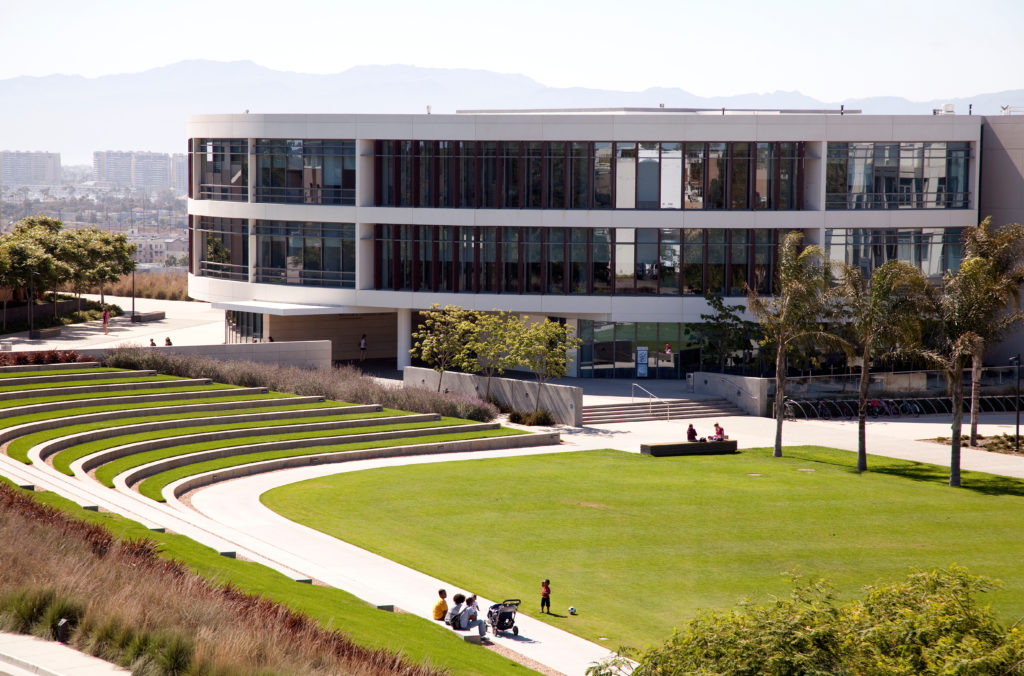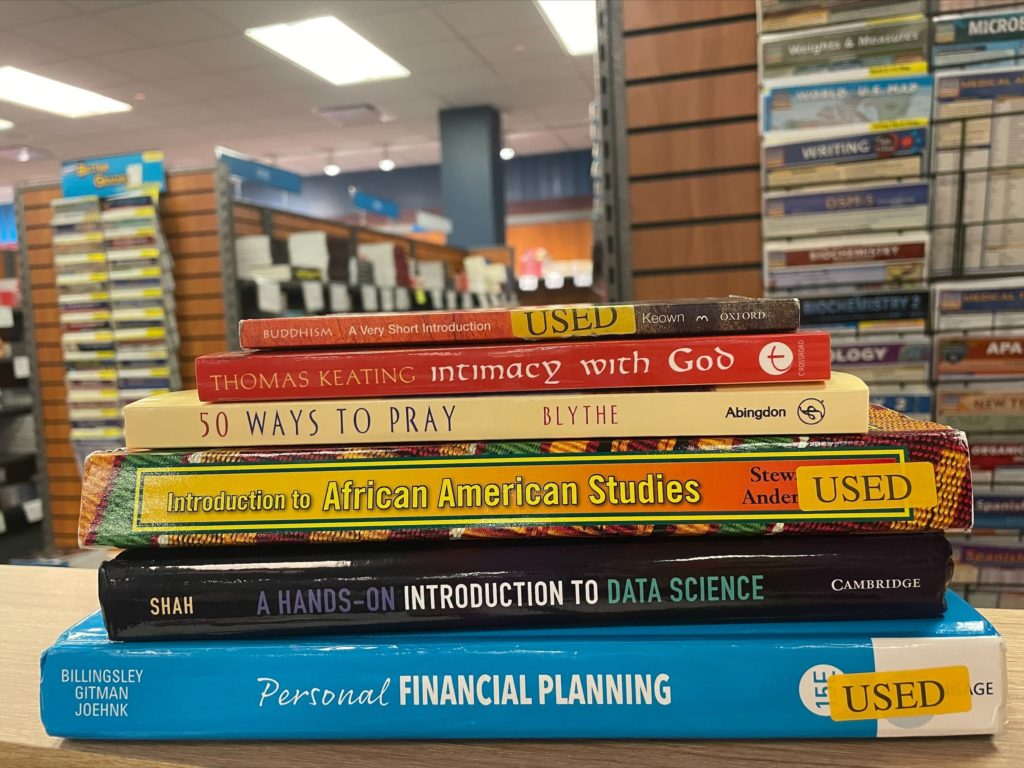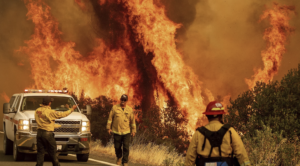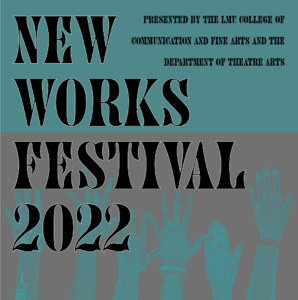ACADEMICS | Kris Brancolini, dean of the William H. Hannon Library, and Marie Kennedy, serials and electronic resources librarian, are co-authors of the forthcoming publication Enhancing Library and Information Research Skills: A Guidebook for Academic Librarians, with Lili Luo (2017; Santa Barbara, CA: ABC-CLIO). This Q&A originally appeared on the library’s website.
Question: If you could summarize your publication in one sentence, how would you describe it? (Yes, I have the publisher’s info, but I’d love to hear it in your words.)
Answer: A volume full of information, practical advice, encouragement and additional resources for academic librarians who want to become accomplished social science researchers.
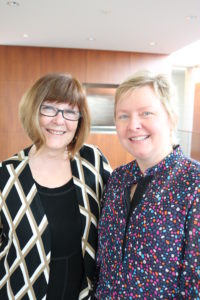
Question: Why did you two and Lili decide to write “Enhancing Library and Information Research Skills: A Guidebook for Academic Librarians”? Personal passion? Gaps in the literature? Request of practitioners? All of the above? Other?
Answer: We wanted to share much of what we had learned through our own research and through creating and teaching the Institute for Research Design in Librarianship. We realized that there was no other book designed to help academic librarians with their research from the psycho-social perspective. There are many books on research methods and design for librarians, but we wanted to bring in the element of encouragement and support for completing all of the steps in the research process – from idea to dissemination of your results.
We have a personal passion for research and its capacity to enrich our lives as academic professionals and to improve the effectiveness of our work. As a team, we brought complementary skills and knowledge to the project. We are practitioner-researchers and Lili is a faculty-researcher; we respect and admire one another’s work. We wanted to work together to write a book.
Question: What is the most important piece of your work that you hope readers will take away? (Or, who do you imagine would benefit most?)
Answer: Novice and developing academic librarian-researchers report similar challenges, motivations and rewards. Sometimes librarian-researchers feel isolated in their institutions – as they are the only one interested in conducting and disseminating research. You do not have to go it alone. You have our book, and you can find kindred spirits. It’s difficult to juggle the responsibilities of full-time jobs with an ambitious research agenda. But we believe that it can be done, especially if you have a robust toolkit and know how to find other like-minded librarians. The important takeaway may be: Find a community of researchers, in your own library, in libraries in your area or online. You will be more research-productive and find the research process more enjoyable.
Question: Could you tell me a little about how you and Lili structured the work of writing a co-authored book? How did the book evolve over the course of writing? Was there anything unexpected in the process?
Answer: We talked about the book and how it could be structured similarly to the IRDL summer research workshop for academic librarians that we have offered for the past four summers at LMU. We divided the content into seven chapters and assigned the writing. We shared drafts with one another and freely commented upon and suggested changes to one another’s chapters. Surprisingly, the chapters and the contents turned out to be very close to what we mapped out years ago.
Question: While the audience for the book is clearly academic librarians, what, if any, analogues do you see for students or practitioners in other fields?
Answer: A secondary audience is library and information science students. This book can act as a guide once they complete their LIS training and begin their professional careers, where the results of their research can affect the libraries in which they work. In the book we cite research on research success factors gleaned from other fields of practitioner-researchers, such as clinical psychology, academic medicine and nursing. Parts of the book may be interesting and beneficial to graduate students and practitioner-researchers in other fields, especially in the social sciences.
